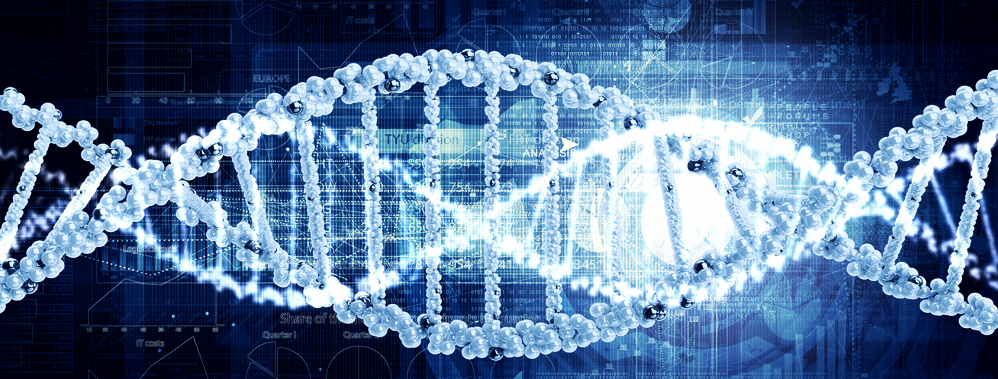Unravelling the mysteries of our immune system, millions of molecule sequences at a time.
Simon Fraser University
Many academic labs, biomedical research institutions, and pharmaceutical companies are working hard to better understand infectious diseases and autoimmune disorders such as AIDS, multiple sclerosis, and lupus. Five to six years ago, researchers were able to sequence hundreds of immune-system molecules (like antibodies) in the human body. Today they can sequence tens of millions.
The data from this next-generation “deep sequencing” is making the human immune system less of a black box as it reveals the construction of the immune system along with the how, why, and when our body responds to various diseases. This is critical for studying autoimmune diseases and developing medical techniques that augment or use our immune system such as vaccines, therapeutic antibodies, and cancer immunotherapies, to name a few. However, storing, organizing, and analyzing these data has become a rapidly escalating big-data challenge.


